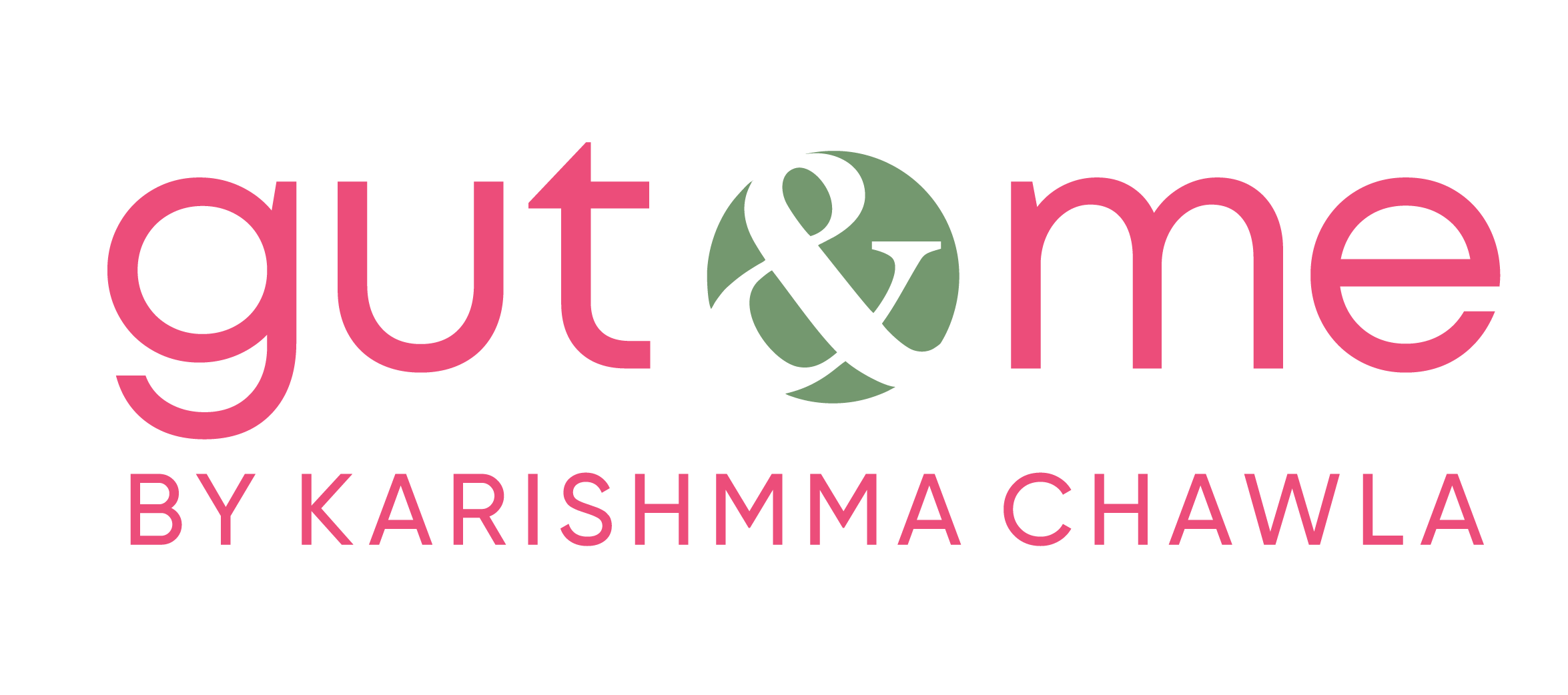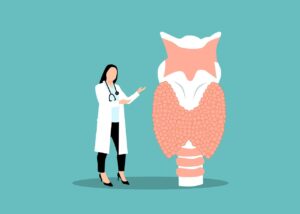Imagine every day waking up feeling tired, foggy, and drained no matter how much you rest or eat. This kind of feeling is not good, right? What can cause this?
Actually, many things can give rise to these draining feelings but for many, a simple deficiency in Vitamin B12 could be the hidden culprit behind these symptoms. Vitamin B12 is a powerhouse nutrient also known as cobalamin, it is a water-soluble vitamin, naturally found in some foods, added to others, and synthesized by bacteria in the small intestine. It is involved in many vital processes in the body, including:
- Producing red blood cells
- Keeping the nervous system healthy
- Releasing energy from food
- Creating DNA and RNA (the building blocks of every cell in the body)
It is an essential vitamin that your body cannot produce, so having a vitamin B12-rich diet is important as it is not found in plants, actually is only found in animal foods! Mainly found in vitamin B12 foods like liver, meat, seafood, egg, milk, and cheese. Hence those who avoid non-vegetarian foods and/or are vegan, it is imperative for you to check the vitamin B12 status and ensure that you get enough B12 through supplements.
Vitamin B12 deficiency is quite hard to detect and so can go undiagnosed for years. Symptoms can include fatigue, lethargy, shortness of breath, pale skin (possibly with a pale-yellow tinge this is your one of the symptoms of Jaundice and Iron deficiency), mouth ulcers, sensations of pins and needles, disturbed vision, impaired mental function, and depression. Many of these symptoms are not unique to vitamin B12 deficiency, and not everyone who is diagnosed will experience these symptoms.
A more severe form of vitamin B12 deficiency is called pernicious anemia. This is an autoimmune disease that occurs due to issues with a specific glycoprotein called intrinsic factor (IF), which is created in the stomach and is necessary to absorb vitamin B12. Pernicious anemia causes the immune system to attack the cells in the stomach which produce IF. Without IF, vitamin B12 cannot be absorbed, and therefore deficiency can occur. Pernicious anemia is now treated with B12 injections.
Benefits of vitamin B12 :
- Helps with red blood formation, low levels of B12 can cause a reduction in red blood cell formation and prevent them from developing well altering the red blood cells causing megaloblastic anemia.
- Helps to improve mood and prevents depression. The vitamin plays a role in synthesizing serotonin, a neurotransmitter responsible for your mood and behavior.
- Along with folic acid Is also known to reduce levels of a compound called homocysteine in the blood. Elevated levels of homocysteine are associated with an increased risk of stroke, cognitive impairment, and Alzheimer’s disease.
- Is involved in the function of every cell in the body. Is an important nutrient in the functioning of the brain. May help prevent memory loss.
- Adequate levels are also crucial for a healthy pregnancy. They are important for the prevention of brain and spinal cord birth defects.
- Is involved in energy production in the body and helps to boost energy
Low B12 levels can cause gastrointestinal issues, including constipation, diarrhea, and bloating. These symptoms arise partly because B12 is vital for cell replication, including in the gut lining, it can also weaken the gut mucosal barrier, making it more susceptible to damage, inflammation, and reduced nutrient absorption. A deficiency in B12 can disrupt the balance of gut bacteria, leading to dysbiosis. An imbalanced gut microbiome can increase susceptibility to conditions like Irritable Bowel Syndrome (IBS) and inflammatory bowel diseases.
People with low stomach acid, common in older adults or those on long-term antacid medications, may not release enough B12 from food. This can negatively impact overall Gut health by allowing harmful bacteria to proliferate in the stomach and small intestine. A healthy gut microbiome can influence overall digestive efficiency and the metabolism of nutrients, indirectly supporting B12 status.
Optimizing gut health through a balanced diet and addressing B12 levels is essential for maintaining a functional digestive system. Supplementation is often necessary for those at risk of deficiency, particularly individuals with gut disorders or on restricted diets. It’s especially important for certain groups, such as older adults, vegetarians, vegans, and those with certain digestive disorders, as they may have difficulty absorbing or obtaining enough B12 from food alone.
By incorporating a variety of Vitamin B12-rich foods like Organ meats, fortified cereals, fish and shellfish like salmon, tuna, and sardines, beef, eggs, milk, and cheese will help maintain balanced nutrition and prevent deficiencies and have long-term health, energy, and vitality.
Don’t let your diet be a vitamin void! Reach out to Karishmma Chawla and get ready for a B12 boost that’ll have you dancing in the produce aisle!





